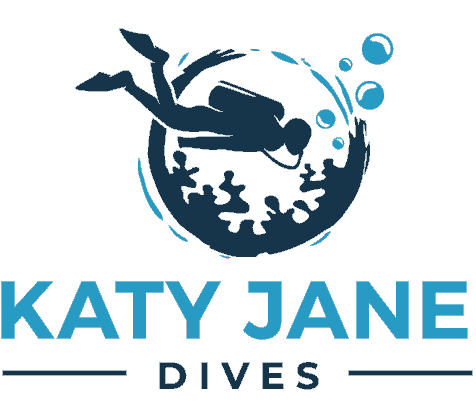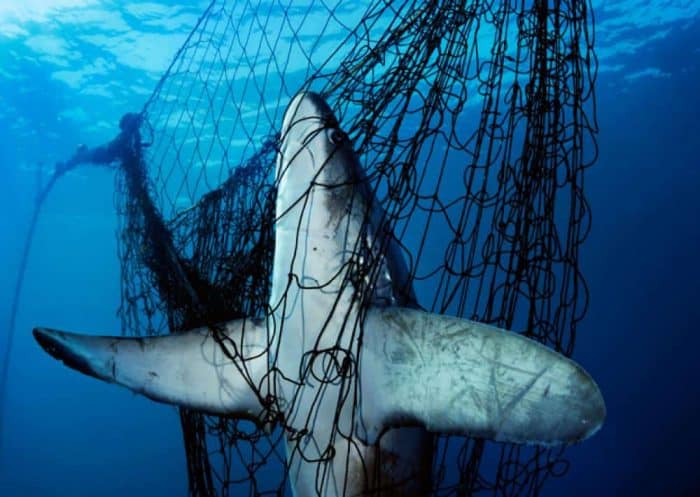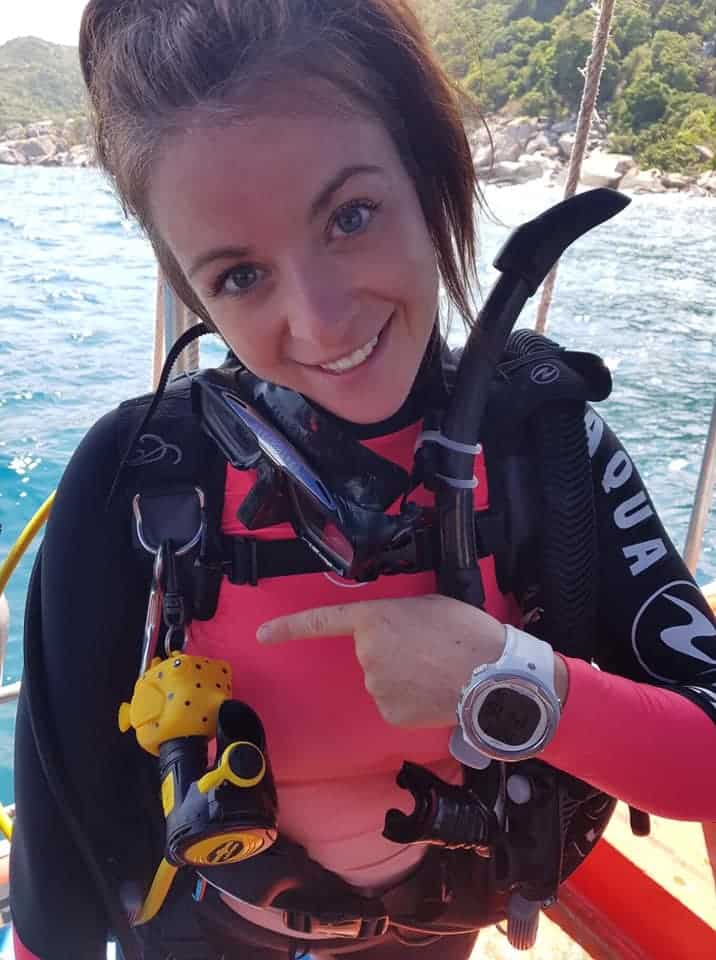Before I dive into this sensitive topic, I’d like to make it clear that this blog is aimed at people like myself. People that live away from coastal areas, people that are not able to track where their fish is coming from, people that are lucky enough to be able to seek alternative sources of nutrition. I am not, in any way, saying the whole world should stop eating fish.
There are millions of people across the globe that rely on subsistence fishing as a mean of feeding their families. This is not the problem. What this blog will hopefully do is make you think about where your money goes when buying that fish off the supermarket shelf and will prompt you to question your need to continue consuming seafood and supporting a destructive industry.
These are my reasons;
- Fish stocks are plummeting
- Bycatch is the silent killer
- Health of our ocean has decreased
- The fishing industry fuels inequality
- You’re being conned
I’ve not eaten fish since 2014. I transitioned to a plant based diet at the age of 25 mainly because of health issues but at the same time I was understanding the detrimental and unethical practices behind meat consumption. Plus, fish are sentient beings and feel pain just like any of us.
A deeper connection evolved when I began scuba diving, seeing individual fish and marine inverts interact within a bigger picture, a picture that you never see in all its beauty until you start spending time beneath the waves. Each of these individuals holding a vital place in the ecosystem, creating connections, and endlessly working to maintain a balance. And I think the word “individual” should be highlighted here. They are as individual as you and I.
Table of Contents
Fish Stocks are Plummeting
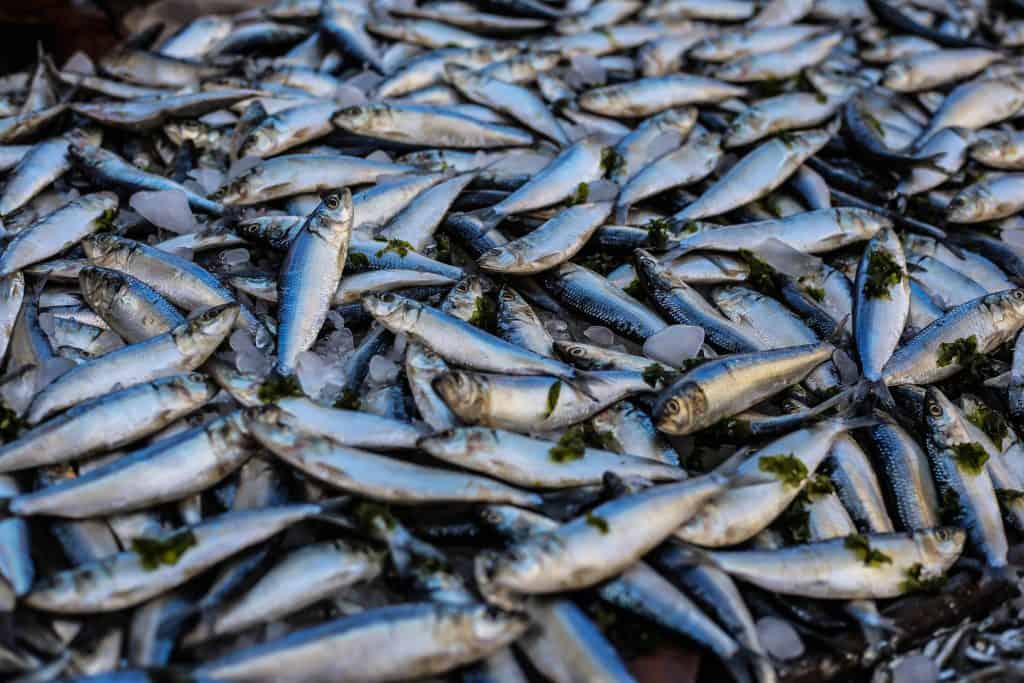
It would be sensible for me to begin by addressing the stark statistics that have been published by the recent paper in Nature. The study analysed 31 oceanic shark and ray species by using data found within the IUCN Red List and Living Planet Index records.
The analysis covered a period of 50 years, from 1970-2018. They found that 77% of oceanic shark and ray populations are now threatened with extinction. All the 31 species, apart from one, showed declines in abundance and sharks habituating tropical areas were more effected than temperate areas. It is also worth noting that during the study period, global fishing with longlines and seine nets has doubled. Sharks are extremely susceptible to these fishing methods.
You may be asking, “but what does this have to do with fish? I don’t eat shark”. In fact, you probably have eaten shark unknowingly, but I digress…
For many years, sharks have been used as an indicator species, indicating the health of an environment. They are a keystone species and are responsible for keeping the intricacy of ocean ecosystems in balance. The study not only highlighted the level of threat they face, but it also highlighted that the 71% decline is owed to an increase of relative fishing pressure on shark and ray populations – an 18-fold increase. Relative fishing pressure refers to the exploitation of fish stocks relative to the number of fish left. 90 % of the planets fish stocks are used up, and this pressure is being felt right at the top of the food chain.
Harmful fisheries subsidies need to stop immediately. It is a complex issue, with many subsidies often difficult to identify. For example, some subsidies appear in the form of fuel, where the retail of marine gas oil varies massively throughout the world. Many countries sell fuel for below the global average price. This only, well, “fuels” the over exploitation of fisheries. Most fisheries would not even be profitable without subsidies, it is simply a grant to ensure that they are profitable enough.
Without subsidies, we could slow the overexploitation of fish stocks and the over capacity of the worlds fishing fleets. It would also allow investment into means to combat the illegal, unreported and unregulated fishing (IUU) which is a huge problem in itself. Fisheries subsidies also disproportionally benefit big business (see below for more information on inequality within the industry). This is not a sustainable model, and one which needs ending right now.
Bycatch is the Silent Killer
Out in the high seas, beyond the 200 mile national limit, fishing ships can get away with whatever they want. Some lines fitted with hooks can be up to 75 miles long, catching anything that comes into its way. This fishing gear is very strong and has been designed to maximize catch. It is unselective and can capture and kill non target species as well as large marine fauna that is particularly susceptible to fishing pressures.
A Freedom of Information Request made to the UK government in 2019 uncovered that several thousand tonnes of dead fish have been illegally discarded as bycatch from trawlers in the North Sea and off the coast of Scotland. And that was just in 2019 alone.
Wherever fishing occurs, bycatch occurs. Regulations in the EU state that any catch of an unwanted or non-target young species, under 20 cm in length must be brought back to land and counted as part of their fishing quota. It is simply too easy for fishing vessels to ignore this law. Parts of South East Asia are overrun with shrimp trawl fisheries that generate a huge amount of bycatch. This bycatch consists of juvenile and small fish which is often marketed off. If fish sells, it provides little incentive for fishers to implement methods to reduce bycatch.
According to the WWF, each year, bycatch kills over 300,000 cetaceans, 100 million sharks, 250,000 turtles, thousands of seabirds and billions of fish and invertebrates. Think of this next time your staring at that fish in the supermarket. It wasn’t just that one individual that died, it was potentially many, many more.
Health of Our Ocean Has Decreased
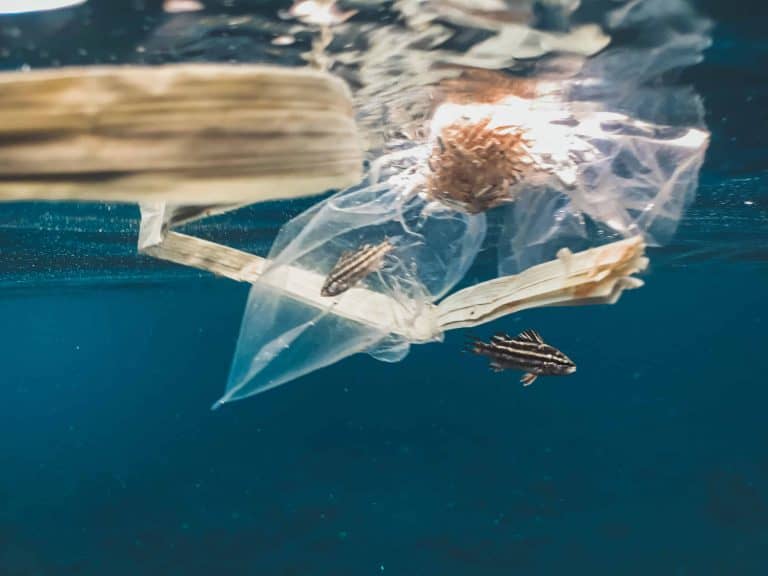
If you don’t yet realise the ocean faces a crisis of unprecedented levels from plastic pollution, then you must have been living under a rock. Everyday we see images of nature suffering from an onslaught of man made plastic materials ending up in our ocean. This is threatening so many species, and 2023 saw the attack of the masks, which has made any small steps taken in recent years negligible. There is, however, a big move to encourage more sustainable products and eradicate single use plastics, which is helping raise awareness and provide direction to alternatives.
However, we would be naïve to think that plastic pollution is the only type of pollution that is devastating our oceans.
Pesticides, herbicides, fertilizers, detergents, oils, pharmaceuticals, sewage….. the list goes on. In recent news, sea lions off the coast of California are being washed up on shore (and have been for some time now) riddled with tumors. A group of scientists spanning pathology, virology, chemistry and genetics have studied the California sea lions for 20 years and have now just discovered that these cancerous tumors are of a result of herpes and toxic chemicals such as DDT and PCB’s. Believe it or not, this part of the ocean was used as a dumping ground for barrels full of poisonous chemicals by one of the largest DDT manufactures in the US.
As many as half a million of these barrels are still believed to be sitting on the ocean floor, 3000 feet down, still leaking toxic contents into the water. The very same water that people eat fish from. How do we know there aren’t hundreds of other deep sea locations across the globe that weren’t abused like this?
Many undeveloped nations border our planets oceans, and many of these countries simply do not have the waste management structure required to dispose of sewage or manmade chemicals. Even in many developed countries, excessive nutrients from sewage outfalls and agricultural runoff have caused an increase in the number of low oxygen (hypoxic) areas known as dead zones, where most marine life cannot survive, resulting in the collapse of some ecosystems. At the end of the day, all pollution stems from the undeniable fact that we are a wasteful species.
And don’t get me started on mercury levels. Other pressures such as overfishing and climate change are to blame for increasing toxic mercury levels in fish. Organic mercury builds up in the tissues of fish and bioaccumulates upwards through the food chain. The larger predatory fish, like tunas and sharks, are considered riskier to eat than smaller ones. Fish are the predominant source of human exposure to organic mercury. Mercury is toxic to humans and can lead to illnesses and neurological disorders. It is quite interesting that overfishing only exacerbates the problem.
When one species is overfished, fishing fleets simply expand and adjust their targets and end up fishing down the food web. This results in cascading effects that lead to changes within the composition of the food web, altering the transfer of organic contaminants, such as mercury, in top predators. This exact issue was observed in Atlantic cod and Atlantic blue fin tuna in a study in 2018.
It’s also worth taking a look at the recent reports for a closer look at the salmon farming industry. This method of fish farming causes extreme havoc on marine ecosystems through pollution and fish mortality. Poor fish husbandry has resulted in major problems with sea lice infestations. About one fifth of the worlds annual wild fish catch, which amounts to around 18 million tonnes per year, is used to make fishmeal and fish oil. Seventy percent of this goes back into fish farms as food for the wild fish. How on earth is this sustainable?!
The Fishing Industry Fuels Inequality
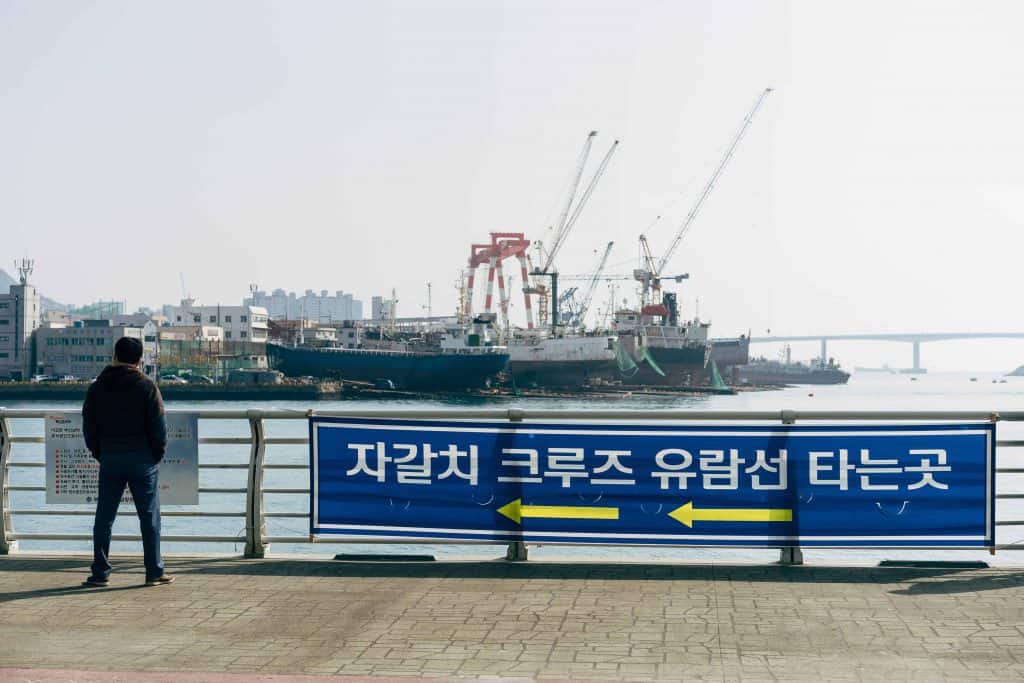
Inequality is rampant in the fishing industry and corruption is rife. In 2018, Greenpeace conducted an investigation into who owns the UK’s fishing quota. The investigation traced the owners of more than 95% of UK quota holdings and discovered that only 5 families controlled 29% of the UK’s fishing rights. To make it worse, 4 of these families can be found on the Sunday Times Rich List and some of them even have investments in many other fishing companies. Around half of Englands quota sits in the hands of foreign interests. To put it into perspective, 79% of the UK’s fleet are the small boats, under 10 metres long. Yet they are only entitled to 2% of the fish. It is an unhealthy and disgusting example of who really benefits from that dead fish on your plate.
As we speak, all over the planet huge ships from first world nations take all the seafood, whilst surrounding nations are left to suffer, void of their main source of protein. These actions wipe out important species such as sharks, tuna, turtles and dolphins which impacts the function of the local ecosystems. It always has been a “grab and take what you can” mentality towards the world’s poorest countries, just as much in the ocean as on land.
By supporting the commercial fishing industry, not only are you lining the pockets of the some of the worlds most wealthiest elite, you are also supporting the exploitation of humans across the globe. Endless reports of human rights abuse have surfaced within the media over the past decade, covered by huge outlets such as National Geographic. Forced labour is common and many of the crew on board fishing vessels are low cost migrant workers. These fishing vessels often stay out at sea for months at a time which makes the crew vulnerable to mistreatment. It often opens the door for other crimes such as human trafficking, corruption and tax evasion. And when at risk of abuse, crew are less likely to speak out about IUU activities.
You’re Being Conned

Walk into any UK supermarket and you will see the common “blue tick” logo on tinned tuna and other food. The Marine Stewardship Council (MSC) have grown massively in recent years, much of the growth can be attributed to a very professional and carefully crafted PR image. Just take a look at this video. Looks great right?
Well, lift up that veil and dig a bit deeper and you see that MSC continue to certify fisheries that are considered highly controversial by many conservationists and scientists across the globe. You are being fooled into thinking your purchase of the MSC certified product has been fished sustainably. Granted, MSC probably had all the best intentions when it started out in 1997, but it has since grown massively (it now certifies over 400 fisheries) and appears to have strayed from its original mission.
Let’s take the Skipjack tuna for example. This is the species most used in tinned tuna. The PNA Western & Central Pacific fishery catch and supply around half of the worlds tuna and they have been MSC certified since 2011. However, between 2012-2015, 429 cases of illegal shark finning were reported within this fishery and 1943 silky sharks have been found illegally retained on PNA fishery vessels. And this is just what we know.
It is likely that much more of this is IUU taking place. There is a vital need for data transparency and monitoring to combat these activities that are taking place in MSC certified fisheries. MSC say they have a ban on shark finning, yet they do not require a Fins Naturally Attached Policy (FNA) as a pre-requisite for certification. A FNA policy would assist in the monitoring of shark finning, as any sharks found on board a vessel must have their fins attached.
Unfortunately, it doesn’t prevent sharks from being caught, but it does mean that finning can’t take place, as all bodies must have fins remaining attached.
As part of the work that Shark Guardian does, we have joined a team of concerned conservationists, stakeholders and even retailers, to call for an urgent change to the MSC certification standard in order to uphold scientific rigor and transparency. There is growing evidence worldwide that FNA is the most effective way to prevent finning, and close numerous loopholes. And it must not include exemptions, as this simply opens up further loopholes!
We are asking them to demonstrate their promise of “gold standard” of sustainability – a true #FinFreeMSC. We have just published a new report, which sets out our argument clearly – how any can disagree with our case is beyond me. You can download the report by clicking here and a summary paper can be downloaded on the Shark Guardian page. But, asking for the implementation of a FNA policy as a pre-requisite is just a small part of a much bigger fight.
Many of the fisheries certified by MSC continue to catch thousands of vulnerable and endangered animals and discard excessive amounts of sea life as unwanted bycatch. They irreversibly destroy vulnerable sea bottom habitats, continue to catch overfished species via unsustainable and non-certified fishing methods. Does this really sound like sustainable seafood? No, I don’t think so either.
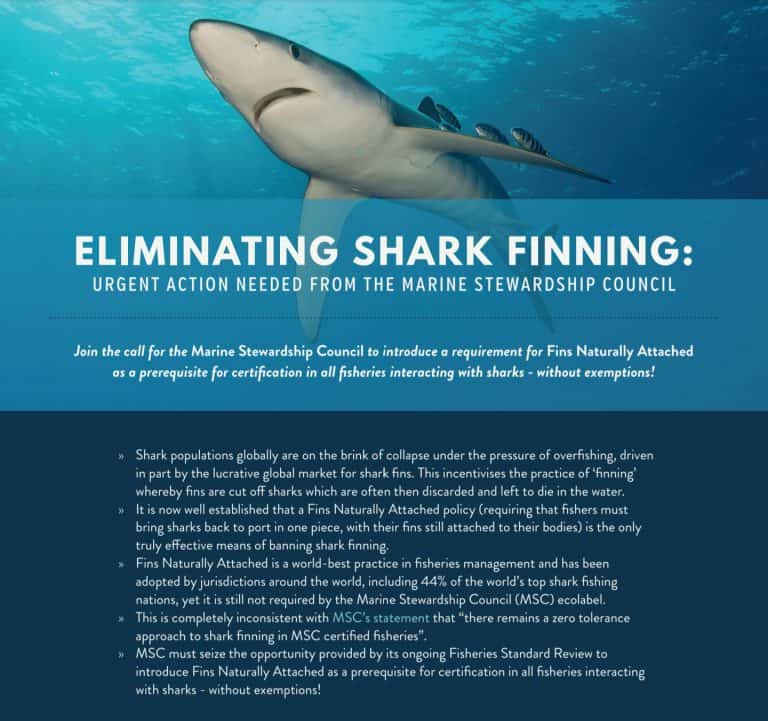
We desperately need these higher efforts to be taken by such a powerful body as MSC. They have the potential to detect and eliminate the activity from their fisheries, yet they are currently allowing it to remain undetected, covered up and unprosecuted. If their standards are improved, they have the potential to make an extremely positive impact on the health of our oceans and all that live within. They could be a force for good and play a major role in protecting our oceans for future generations.
A recent paper in the Science journal found that the trawling intensity in European protected areas is higher than in unprotected places. The phrase Marine Protected Area (MPA) creates an illusion, it makes you think that these areas are treated so carefully, with minimal impact from humans allowed. Yet this is not the case. Most MPA’s in Europe are commercially trawled, and at a much more intense rate than non MPA’s. This industrial exploitation completely undermines the MPA’s as a primary tool to conserve biodiversity. Our government claims that 36%
of England’s waters are “safeguarded as marine protected areas”. But this
protection amounts to nothing more than lines on the map. Destructive fishing and over exploitation still take place in these areas that are of particular biological
interest.
The beautifully diverse coastline of Scotland has suffered over the past 30 odd years. Up to 1984, there was a three mile limit which meant the coastal areas were protected from bottom trawling, and gave fish species a safe environment to recover in. In 1984, this three mile limit was removed, and has since been open to the destruction bottom trawling brings. Fish stocks around Scotland have plummeted and local fishermen are struggling to catch enough for them to remain at sea. This is extremely worrying and shows the devastation that can be caused by the removal of such protection. #OurSeas are now campaigning for the re-introduction of this inshore limit with an added incentive of fishing opportunities to those vessels with low environmental impact.
After years of campaigning, the UK government has finally banned bottom trawling….in two out of the UK’s 73 offshore MPA’s. In my opinion this is an ever so tiny step in the right direction. More needs to be done, and urgently. One can only hope that this sets an example for other MPA’s to be granted such relief. Bottom trawling consists of a large, tapered net that has a wide mouth with two weighted doors which work to keep the net open and on the ocean floor. The vessel drags the net along the floor, destroying the habitat and everything in its path. A study published in Nature in 2012 found that bottom trawling altered the chemistry and geology of habitats made up of soft sediment permanently impacting the composition and function of these ecosystems. In some areas of our ocean, this method can cause damage that would take centuries to restore. And that sort of time is what we don’t have.
My Final Thoughts!
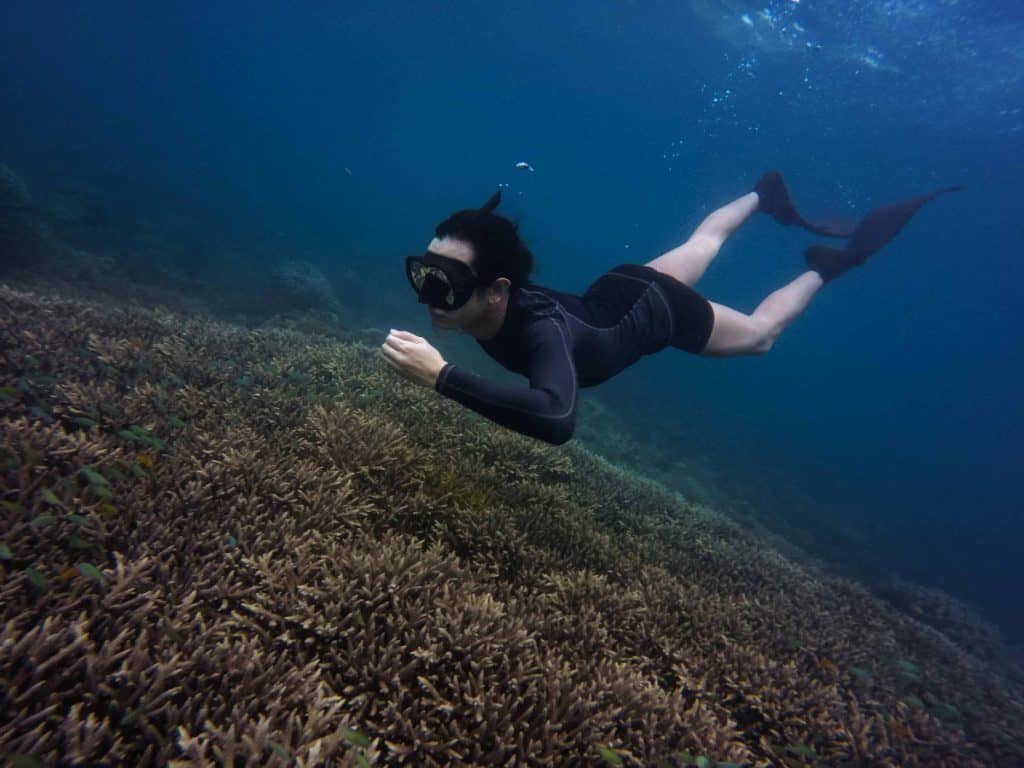
Millions of people worldwide rely on seafood as their main source of protein. This isn’t the problem. Many indigenous coastal communities know their fishing sites so well, they understand the ecosystem and how it functions, and employ sustainable measures, often using knowledge passed down through generations, to maintain its health. They fish local and they eat local. In no way am I advocating that these people should stop consuming fish. They understand these areas more than we ever will.
Pumping money into industrial sized fisheries is the problem. Supporting fisheries that use destructive fishing methods, partake in IUU activities and promote inequality is the problem.
Fact is, many of us living far away from the ocean have no excuse to eat seafood. We can simply seek the vitamins and nutrients from other sources. We’ve been sold the image that MSC labelled food is sustainable, but the truth is, unless you’re tracking the journey from catch to plate – it is much easier to just leave fish out of your diet. There is no such thing as truly ethical seafood. If a body as big as MSC can’t get it right, then no one can.
But then it opens up another problem. This industry employs millions. Millions of people who have families they need to feed. How do you re-train millions of people?
You may have seen recent posts across social media and other platforms encouraging a challenge of “Fish Free February”. It is great that there are awareness campaigns easing people into a seafood free diet. But, honestly, this isn’t a topic that can be treated like a “Couch to 5k”; a fun, little personal challenge. In my eyes, this is much, much bigger. This is a matter of survival of life on Earth. We need to be talking openly about the urgency to stop eating seafood now and remain seafood free.
A financial review that is first of its kind, published recently looked at how backwards our economic system is. The author says we need the worlds governments to urgently develop an alternative form of national accounting instead of GDP. We need measure of success that incorporates the depletion of natural resources, one where supranational institutions protect global goods like the oceans and rainforests. For ecosystems that provide global benefits, such as the Amazon forest, nations should be paid to protect them, the review says. For ecosystems outside national boundaries, such as the high seas, those who exploit them should pay for their use. Anyway, that’s a whole other story.
Whilst the management of our coastal waters and high seas fails to address immediate conservation issues, it is sensible to ask people, like myself, to refrain from the consumption of sea food and eating fish. The ocean is on the verge of collapse. We have already exploited or depleted 90% of the world’s fisheries. If the ocean dies, we die. Giving up that bit of seafood you eat each week will not damage you, but it will damage the destructive industry. Afterall, for now, money talks.
